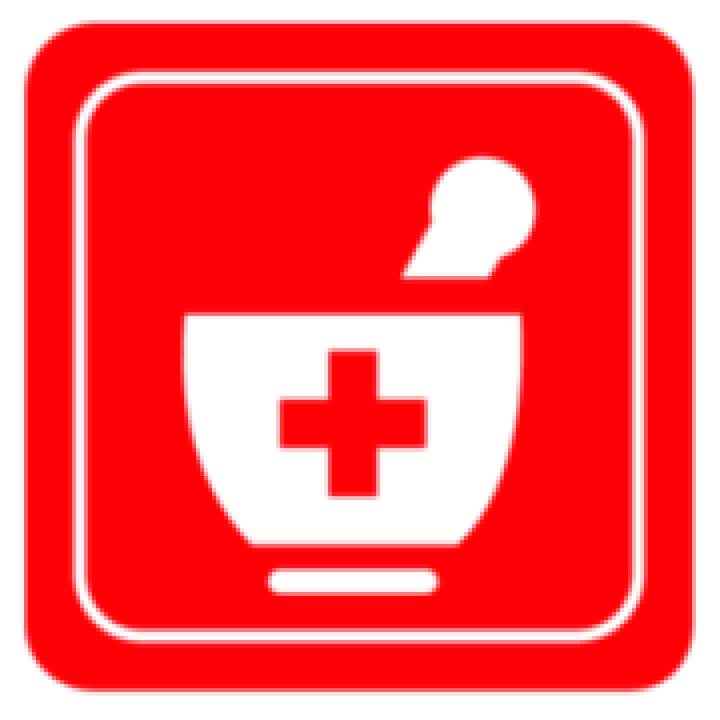Explaining Prescription Drugs and Driving to Your Patients as a Pharmacist
Since the introduction of road side testing in April for drug driving , a lot of pharmacists have found that they are having a lot of questions from their patients about how this road side testing will work and affect them , and rightly so, the public is very unaware of how to deal with this and this story about a man getting arrested recently does not help. so I did some research into it and I have what I have found out here.
Okay ,so here is the story. From April 2017, the Gardai now have the power to test any drivers saliva for drugs on the road. This is similar to the powers granted to them to test for alcohol , which had been in the news recently for a number of other reasons.
So what drugs can they test for ?

They have the power to test for the following class of products and the test is sensitive to them
- Cannabis
- Cocaine
- Opiates
- Benzodiazepines
So how does this work ?
In Ireland , under current legislation , firstly , it is against the law to drive under the influence of drugs (including prescribed drugs) where your driving is impaired to such an extent that you don’t have proper control of the vehicle.
Secondly, it is against the law to drive under the influence of certain drugs (regardless of driving performance) above specified levels. There are currently three drugs tested for– cannabis, cocaine and heroin. If you are found to have any of these drugs above the specified limits, you can be prosecuted for drug driving even if your driving is not impaired.
The Gardai will using a product called Drager 5000 drug tester device to facilitate the testing. The limits as set out by the manufacturer for the different substances are as follows :
- COC 20 ng/ml Cocaine
- OPI 20 ng/ml Morphine
- CAN 5 ng/ml D9-tetrahydrocannabinol
- BENZO 15 ng/ml Benzos
So for the banned substances (illegal drugs) if you are caught with any of them in your saliva during the preliminary test, you will be arrested immediately and you will have to give a blood or urine test. This is irregardless of if your driving was impaired in anyway.
Now for prescription drugs primarily benzos , if a patient tests positive for any prescription drugs, the Garda is only allowed to arrest the patient if the patient’s driving is also impaired.
If the patient’s driving is not impaired then the patient is legally free to go.
If the patient’s driving is impaired they will be arrested and they will have to give a urine sample which is tested by the medical bureau of road safety within 3 hours.
If the Garda suspects that your driving is impaired , and there is no positive test from the oral fluid, the Garda can still arrest you and request a urine or blood test.
So how can we advise patients ?
If you are taking any prescription medication and it makes you feel drowsy and impairs your ability to drive , then do not drive. Even if Benzo’s or Opiates ( Codeine) may appear in your saliva after a test , as long as your driving is not impaired , you will not be committing an offence.
Obviously as always , there are some issues here for patients, which is that most patients would like to know exactly the cut off point for each medicine they are on , so that they can avoid the embarrassment all together as the definition of impairment rests fully with the Garda in question and hence can be viewed as very subjective. This is information that is still not readily available from the RSA except for the instance of Cannabis , where they advise that a 6 hour window be given.
For more information about this you can read the following FAQs or Scenarios which have been set out by the RSA.

You must be logged in to post a comment.